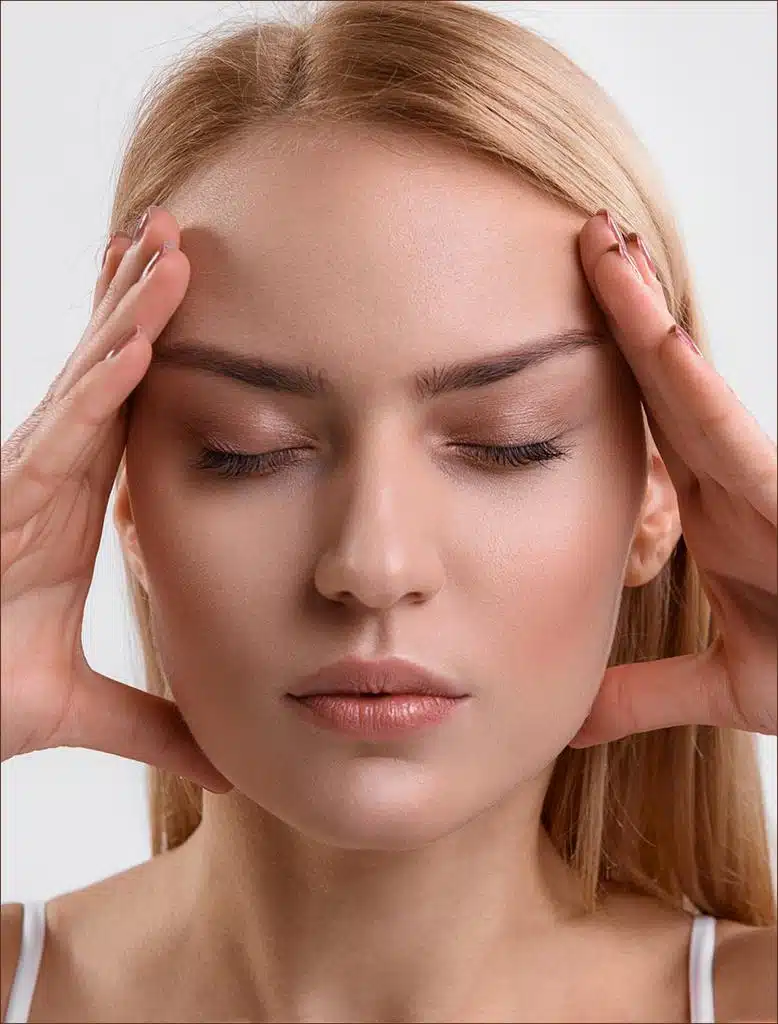Stress is something we all experience—but did you know it can directly impact your skin? From unexpected breakouts to dullness and sensitivity, emotional and physical stress can take a visible toll on your complexion.
In this article, you’ll learn how stress affects your skin, the most common skin-related symptoms, and practical ways to protect your skin and restore its balance—naturally and gently.
How Stress Impacts Your Skin
When you’re stressed, your body releases a hormone called cortisol. While it helps you respond to short-term stress, high or prolonged levels can disrupt your skin’s health in several ways:
🔹 1. Increased Oil Production
Cortisol signals your sebaceous glands to produce more oil, leading to:
- Greasy skin
- Clogged pores
- More frequent breakouts
🔹 2. Weakened Skin Barrier
Stress weakens your skin’s protective layer, making it harder to retain moisture and defend against:
- Pollution
- Irritants
- Bacteria
This leads to dryness, sensitivity, and redness.
🔹 3. Inflammation
Chronic stress promotes internal inflammation, which can worsen:
- Acne
- Rosacea
- Eczema
- Psoriasis
🔹 4. Slower Healing
Stress affects blood circulation and slows the skin’s ability to repair itself—meaning blemishes, irritation, and wounds take longer to fade.
🔹 5. Sleep Disruption = Dull Skin
Stress can interfere with your sleep cycle. Poor sleep results in:
- Dark under-eye circles
- Puffy eyes
- Dull, tired-looking skin
Signs Your Skin Is Stressed
- Sudden breakouts or flare-ups
- Increased redness or blotchiness
- Excessive oiliness or dryness
- Sensitive or itchy patches
- Slower healing from acne or irritation
How to Protect and Calm Stressed Skin
✅ 1. Simplify Your Skincare Routine
Now is not the time to experiment with new actives or heavy exfoliants. Stick to:
- Gentle cleanser
- Hydrating moisturizer
- Fragrance-free products
- Broad-spectrum SPF
Avoid strong treatments like retinol or AHAs until your skin calms down.
✅ 2. Add Soothing Ingredients
Look for calming, anti-inflammatory ingredients like:
- Aloe vera
- Centella asiatica (cica)
- Niacinamide
- Colloidal oatmeal
- Green tea extract
- Chamomile
These help reduce redness, irritation, and discomfort.
✅ 3. Hydrate—Inside and Out
Drink plenty of water and use a moisturizer with:
- Hyaluronic acid
- Glycerin
- Ceramides
You can also use a hydrating mist during the day to refresh your skin.
✅ 4. Do a Weekly Facial Massage
A few minutes of facial massage can:
- Boost circulation
- Relieve tension in the jaw and forehead
- Promote a natural glow
Use clean hands or a jade roller with facial oil or moisturizer.
✅ 5. Get Enough Sleep
Aim for 7–8 hours per night. Your skin regenerates and heals while you rest.
Quick bedtime tips:
- Avoid screens 1 hour before sleep
- Try lavender essential oil or calming tea
- Keep your bedroom cool and dark
Managing Stress for Healthier Skin (And Mind)
While topical care is important, real skin healing also comes from within.
🌿 Try These Daily Habits:
- Breathing exercises or meditation (just 5 minutes can help)
- Walks in nature or sunlight
- Journaling or gratitude practice
- Stretching or gentle yoga
- Listening to calming music or nature sounds
These can help lower cortisol and create a sense of calm that reflects in your skin.
Final Thought: Be Kind to Your Skin (and Yourself)
Your skin mirrors your inner world. When life feels heavy, it’s okay if your skin reacts—it’s not about being perfect, it’s about supporting your skin with patience and care.
By managing stress and keeping your skincare routine gentle and consistent, you give your skin space to recover, reset, and glow again.
